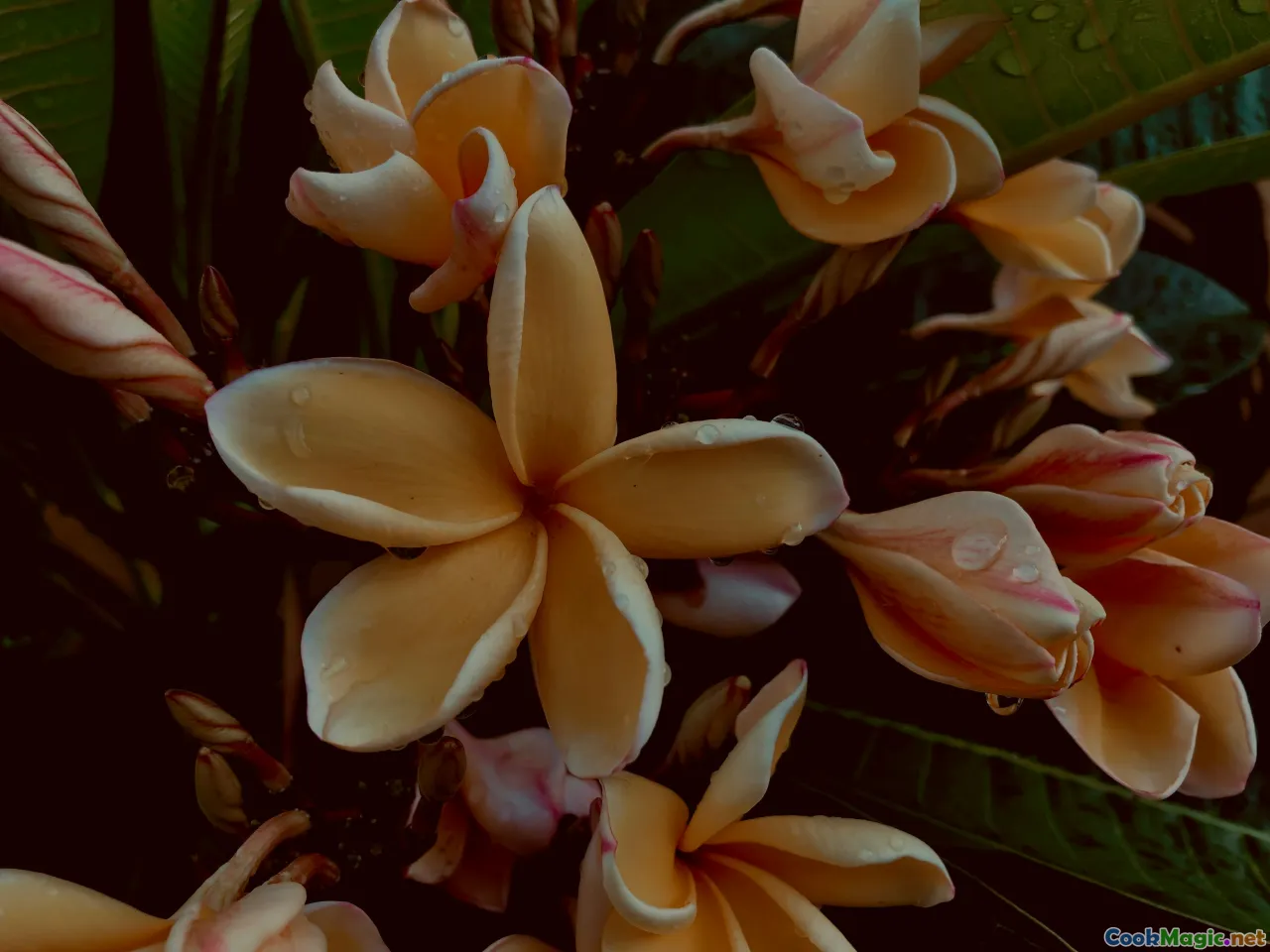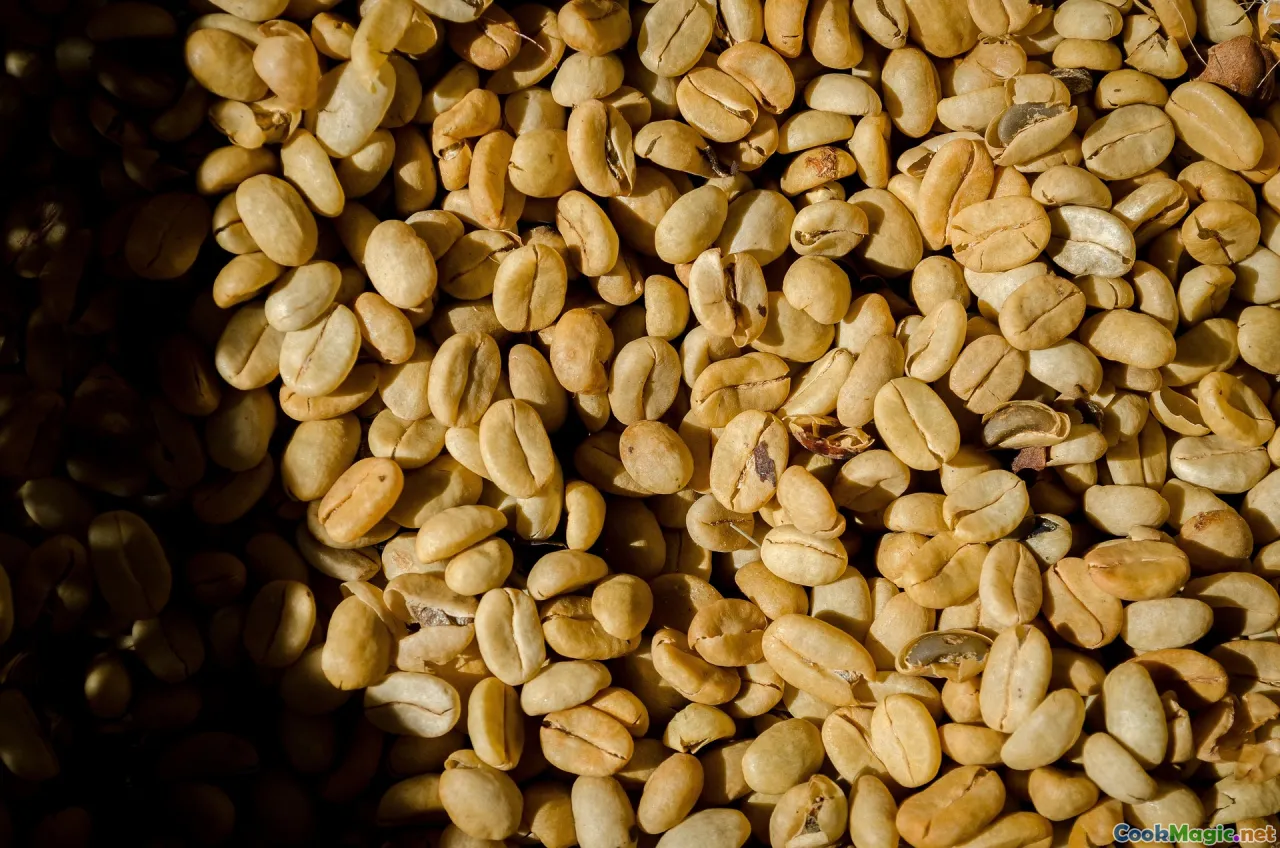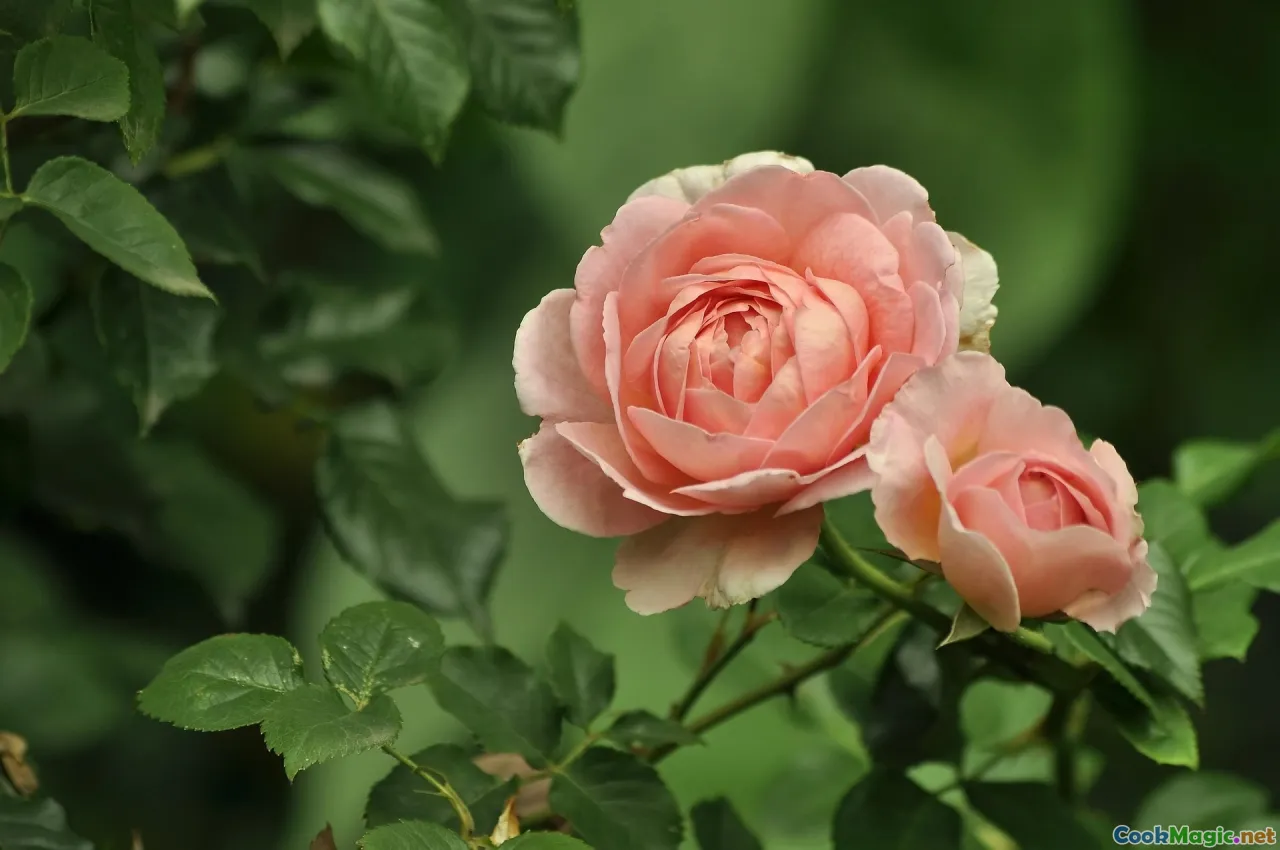Coffee and Kakala The Flavors of Tonga
10 min read Explore the unique flavors of Tonga through traditional coffee preparations and the fragrant beauty of Kakala flowers in local culinary customs. September 27, 2025 03:05
Coffee and Kakala: The Flavors of Tonga
In the lush, azure waters of the South Pacific lies the Kingdom of Tonga—a tapestry woven with vibrant traditions, vivid landscapes, and an exquisite palette of flavors that tell stories of centuries. Among these, the pairing of rich, aromatic coffee with the sweet, floral notes of kakala (native Tongan flowering motifs and flavors) epitomizes the island’s culinary soul. As a culinary explorer, I’ve been captivated by how these elements aren’t mere ingredients but serve as vessels of history, identity, and heartfelt hospitality.
Nestled amid the rolling hills and coastal plains, Tonga’s weather and soil create an ideal environment for coffee cultivation, a relatively recent addition to the archipelago’s heritage. Meanwhile, the kakala, often translated as the scent of gardenia or tiare—the national flower—enriches traditional food, drink, and ceremonial practices with its delicate fragrance. Together, coffee and kakala evoke a sensory journey that is as rooted in Tongan identity as it is alive with aromatic contrast.
The Origins and Evolution of Tongan Coffee

Coffee’s arrival in Tonga is a story of cultural exchange and adaptation. Introduced in the early 20th century by plantation owners seeking to diversify crops, coffee has gradually embedded itself into local life. Unlike other island nations where coffee sometimes remains a colonial or tourist-driven product, in Tonga, it’s become a symbol of hospitality and resilience.
The flavor profile of Tongan coffee is distinctive—bright acidity balanced with earthy richness and hints of chocolate and spice. Growing on volcanic soils, the beans absorb minerals that lend complex depth to each cup. Visiting a Tongan coffee farm, I learned that farmers often harvest selectively, emphasizing quality over quantity. The beans are hand-picked, sun-dried, and roasted locally, allowing each café́ or homestead to infuse their own subtle taste nuances.
Savoring the Tongan Coffee: Preparation and Cultural Significance
Preparing coffee in Tonga is a ritual that invites patience and mindfulness. Traditionally, the coffee beans are roasted to a medium-dark hue over an open flame, their aroma rising like a proud herald of the islands’ bounty. Once cooled, they’re ground with a mortar and pestle—becoming a coarse, fragrant powder.
In many Tongan households, coffee is brewed using a simple, yet effective, stovetop percolator or a woven coconute shell filter—fueling conversations that stretch into the warm Pacific night. The resulting brew, dark and glossy, is served in small cups with a dash of local coconut cream or a swipe of honey. The act of sipping is steeped in ceremony; it’s a symbol of community, friendship, and welcome.
Coffee Tapa: A Tongan-Inspired Coffee Dessert
Many local cafes and eateries have created signature desserts using coffee, but one standout is the ‘Coffee Tapa’. This layered sweet treat combines sponge cake soaked in coffee syrup with a hint of vanilla, topped with a fluffy coconut whipped cream and sprinkled with crushed roasted coffee beans. It’s a testament to how coffee’s bitterness and depth balance beautifully with the island’s natural sweetness.
The Allure of Kakala: Fragrant Flowers and Flavors

Kakala, meaning 'flower garland,' symbolizes paradise in Tongan culture. Not just a floral decoration, it embodies the island's connection to nature, spirituality, and celebration. The kakala is often composed of tropical blooms: gardenias, tiare, hibiscus, and frangipani—all renowned for their intoxicating scent that embodies serenity and joy.
In traditional ceremonies, women adorn themselves with kakala, and the fragrance becomes an invisible yet powerful presence—transforming the sacred into the everyday. The distinctive sweet, jasmine-like aroma of tiare flowers is woven into perfumes, oils, and even tea infusions. These floral notes are delicately balanced with Tongan classics like grated coconut, ginger, and lemongrass, creating flavors that are both calming and stimulating.
Using Kakala in Culinary Delights
Cooks and artisans have found innovative ways to incorporate floral nuances into their ingredients. For example, a popular Tongan beverage is kakala tea, steeped with dried tiare petals, which offers a fragrant, calming experience. Chefs also infuse coconut desserts with the essence of kakala, adding aromatic complexity.
A remarkable example is kakala-infused honey, harvested from apiaries that utilize nectar from tiare blossoms, resulting in a fragrant, floral sweetness that pairs wonderfully with cheese or drizzled over fresh fruit.
The Synergy of Coffee and Kakala in Tongan Culture
Picture a warm island evening—soft breezes stirring lush foliage, a table laid with local delicacies, and a cup of steaming Tongan coffee infused with a hint of kakala scent from a nearby arrangement. This convergence of flavors and fragrances is not accidental but deeply rooted in theTongan ethos of harmony, community, and reverence for nature.
Both elements, coffee and kakala, serve as expressions of hospitality. Offering freshly brewed coffee alongside kakala flowers during gatherings celebrates abundance and shared joy. It’s a heartfelt gesture that communicates respect, love, and the desire to nurture relationships.
How to Experience This Fusion
To truly appreciate it, I recommend visiting a Tongan homestead or seaside café. Order a coffee with a touch of tiare infusion—perhaps a coffee infused with dried tiare petals or with a dash of kakala-scented honey. Observe the aroma: the roasted coffee’s dark, nutty profile accentuated by floral sweetness, evoking images of tropical gardens in bloom.
Invite your senses to dance: feel the warmth of the mug, inhale the complex layers of scent, taste the bittersweet richness that lingers on your palate, and imagine the island’s centuries-old traditions that preserve this pairing.
Embracing Tongan Flavors in Modern Cuisine
In recent years, chefs and culinary artisans displace traditional boundaries by reimagining Tongan flavors for a global audience. Coffee and kakala serve as inspiration for innovative dishes:
- Coffee-Infused Coconut Pancakes: fluffy stacks topped with kakala-scented syrup and toasted coconut flakes.
- Floral and Coffee Marinated Fish: A ceviche-like preparation using kakala blossom extract and locally brewed coffee reduction.
- Tongan Coffee and Kakala Ice Cream: capturing the fragrant, bitter-sweet complexity of the homeland.
Trying these modern takes not only offers delicious experiences but deepens understanding of how tradition evolves while remaining rooted.
Personal Reflections and Tips for Enthusiasts
As a culinary writer and avid traveler, experiencing the interplay of coffee and kakala in Tonga was a sensory awakening. The delicate yet bold fragrance of flowers complemented the depth of coffee created a harmony of contrasts. I encourage fellow food lovers to seek out local markets, talk to artisans, and participate in brewing or flower arranging workshops—they are gateways to understanding Tongan cultural identity.
Remember: the essence lies not just in the ingredients but in the rituals—patience, respect, and appreciation—elements that transform simple flavors into profound experiences.
In the Heart of the Pacific
Tonga’s ambrosial dance of coffee and kakala embodies a harmonious symphony that celebrates island life. Beyond just taste, it’s a testament to the enduring power of nature, tradition, and community—a true reflection of the Polynesian spirit. As you sip your next cup of Tongan coffee, remember that these flavors carry the whispers of generations and the soul of an archipelago that continues to flourish in its cherished culinary heritage.









